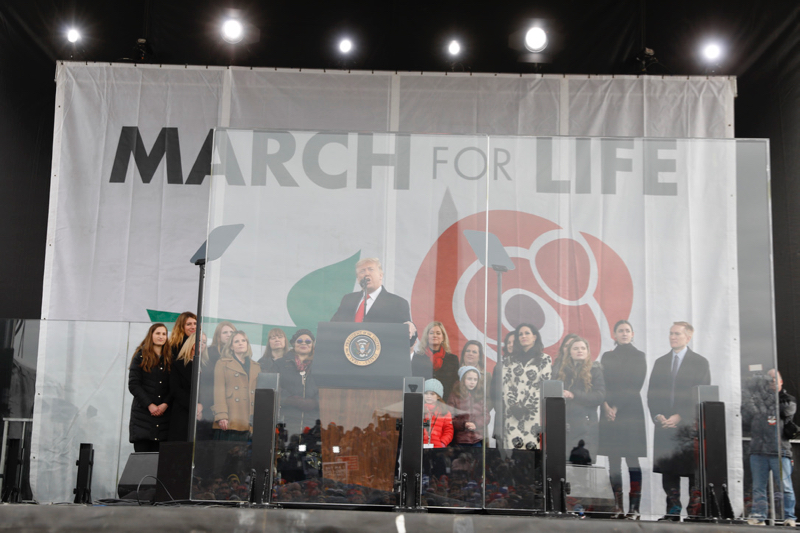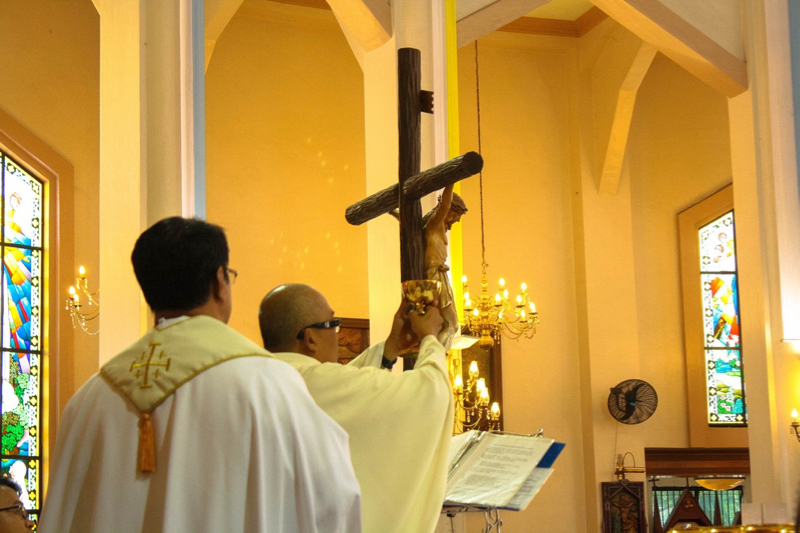The Irish Church needs to face up to the past and frankly acknowledge the wrongdoing of its abuse scandals through an annual day of public fasting and abstinence by priests and religious, well known theologian Fr Vincent Twomey SVD has said.
In his address, "The Church in Ireland: The Present State and the Path Ahead", which he delivered at University Church in Dublin on Wednesday evening, the retired professor of moral theology at Maynooth said the abuse scandals had left “a trail of devastation and suffering behind, which only God can heal”.
He stressed that there was a need for repentance, both personal and communal, by the Irish Church and suggested that the Church could learn from how the Germans faced up to their “horrendous past” through the creation of monuments and museums which sought to ensure that the past was not forgotten or repeated.
“There is a great need for us to make reparation,” said Professor Twomey, a Divine Word Missionary. One way of making reparation would be an annual day of public fast and abstinence by priests and religious in reparation for both clerical and institutional abuse at the beginning of Lent.
He suggested that the first Friday in Lent could be designated as a Day of Reparation and on that day the clergy, both Religious as well as secular, would undertake a day of fasting and prayer, and go to confession, culminating in an evening Prayer Service of Reparation and a Celebration of Reconciliation in every cathedral in the country.
“It should be a cry from the heart for God’s infinite mercy and forgiveness, and include prayers for the inner healing of the victims, for the damage done to their faith and to the credibility of the Church, but also prayers for the conversion of the perpetrators.”
He also proposed that one of the institutions examined in the Ryan Report into abuse at home runs by the Religious, such as Artane, Letterfrack or Goldenbridge, should be turned into “a public memorial to that dark chapter by a combined effort of both Church and State”.
“We must not forget, even though we might like to do so.”
Elsewhere in his address, Fr Twomey looked at a theme he addressed in his 2003 book, "The End of Irish Catholicism?" and asked why the Irish Church today has been unable to meet the challenges of the present with “that courage, imagination and initiative which was the mark of early Irish Christianity and which in different ways continued down through the centuries, at least up to the 19th century”.
The challenges facing the Church in Ireland must also be seen against the backdrop of the secularisation of Western civilisation. But special challenges, he said, come from within Irish society and culture where over the past four decades, Irish public culture had become indifferent and even explicitly anti-Catholic, sometimes expressed in blasphemous ridicule served up as humour.
Dr Twomey said the depth of that transformation was illustrated by the huge majority of voters who voted Yes to same-sex marriage and to “abortion on demand”.
He reiterated his belief that many voted Yes to these, moved by traditional Catholic sympathy for the pain of others due to a feeling of exclusion or desperation at finding oneself in a so-called unwanted pregnancy.
“Much of the propaganda before each referendum appealed to those basically Catholic Christian emotions, emotions decoupled from reason,” he told a packed University Church on St Stephen’s Green.
He suggested that the sense of beleaguerment felt by many Irish Catholics today, in particular the clergy, was due to the sense of being continually under attack by the media coupled with a sense of powerlessness with regard to overcoming the abuse crisis.
Asking what path the Church should follow to overcome this sense of beleaguerment, powerlessness and demoralisation, he suggested that reparation must be matched by more festive celebrations of the faith, as well as celebrating the lives of men and women of faith who devoted their lives to education and the care of the sick both at home and abroad.
The Church should also celebrate the remarkable achievements of early Christian Ireland and the modern missionary movement that sent Irish Catholic men and women to bring the faith and education to countless millions all over the world, Dr Twomey suggested.
He lamented that the generations of Irish Catholics who were persecuted, reduced to poverty and disenfranchised for over two hundred years and who kept the faith, as witnessed by the Mass Rocks that dot the countryside, including 250 named martyrs who died for their faith, were largely forgotten today, but could become an inspiration for future generations, he said.
Pilgrimages to the holy wells and other sacred sites, such as Clonmacnoise and Clonfert need greater attention, especially for the youth.
The theologian also lamented that many in the Irish church are still caught up the pre-Vatican II legalistic approach to celebrating the liturgy, in particular Holidays of Obligation and that one result of that pre-Vatican II mentality was the “quickie Mass”.
What is needed, he suggested, is basic catechetics for all, clerical and lay, in order to “rediscover the wonder, the spiritual richness of all the sacraments but, above all, the mystery that is the Mass”.
Those who want to ordain married men and women to continue to provide the number of Masses people had become accustomed to reflected “an understanding of Church as a service-station, which is there to fulfil our various religious obligations”.
“Is such an attitude to the Mass and the sacraments the last vestige of that cultural artefact we call traditional Irish Catholicism,” he challenged?



 Loading ...
Loading ...